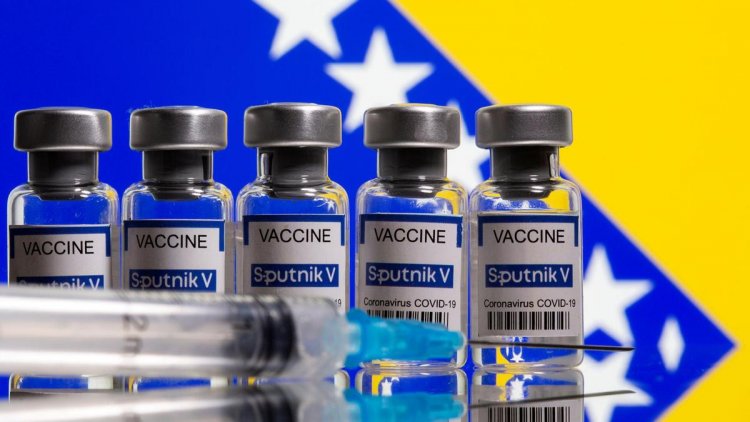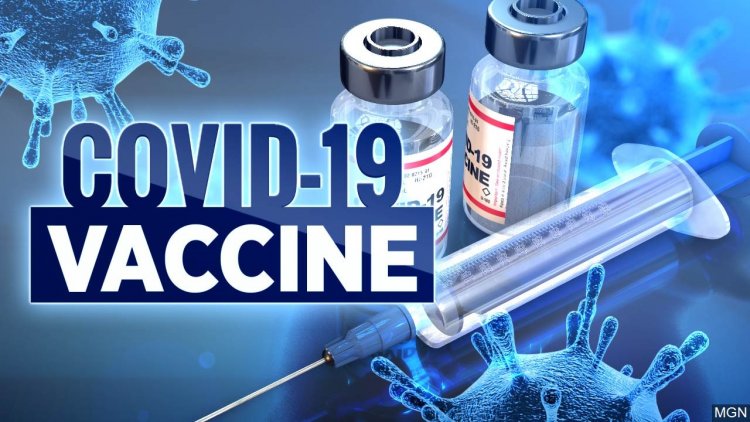What happens after the COVID-19 jab?
The first dose of the vaccine creates a strong immune system after around two weeks and the second dose boosts the immune system shortly after the vaccination. However, the period the immunity lasts is not well known as experts are still observing those already vaccinated.
What happens after the COVID-19 jab?
Since the arrival of approximately 1.02 million doses of the AstraZeneca vaccine in Kenya from Serum Institute, India, the government initiated an elaborate countrywide immunization process. This exercise has witnessed Kenyans in their number lining up for the jab together with frontline workers. But what next after the immunization?
According to, Dr. Kate O’Brien, the World Health Organization (WHO) Director of Immunization, Vaccines, and Biologicals, and Dr. Dominic Ngugi, the first dose of the vaccine creates a strong immune system after around two weeks and the second dose boosts the immune system shortly after the vaccination. However, the period the immunity lasts is not well known as experts are still observing those already vaccinated.
The side effects of the jab include pain at the point of injection, headache, fatigue, muscle pain, fever, chills, nausea, and joint pains. These reactions last from one to two days after vaccination and range from mild to moderate. Within the medical profession, vaccines are meant to protect against diseases. But it is yet to be known whether they protect against contracting the disease and transmissions.
Dr. Dominic Ngugi says that in the case of underlying medical conditions where frequent medications are taken, the vaccine has no effects on them. Reactions of blood clots have been reported but they only appear whenever a person has hypersensitive conditions like allergies.
It is advisable to exercise more to increase blood circulation and avoid sugar as well as animal fats like meat. Low amounts of carbs are advised and more fats from olive oil and avocadoes.
It is further prudent to consult your doctor concerning taking over counter medications like aspirin, ibuprofen, paracetamol, or antihistamines to counter any pain after the jab. Instead, they can be taken for post-vaccination side effects if no other reason permits you to take them. But it is not advisable to take these medications before the jab to prevent the side effects.
In as much as it is not proven, Dr. Ngugi advises that alcohol should be avoided 48-72 hours after vaccination. People have been warned to avoid alcohol consumption in the days leading to and after the jab especially in the UK.
Precaution against COVID-19 should be a continuous exercise as better a way of containing the virus is sought. The amount of time the precautions will continue is dependent on what can be done to contain the virus so that the vaccine can be effective in preventing its spread.
Research on how the different categories of people like the children will react after the jab is still scanty which means they are still at risk of infection and transmission. Furthermore, there is no enough vaccine for everybody which calls for the continued sustenance of the precautions like hand washing, wearing masks, social distancing, and avoiding crowds.





























